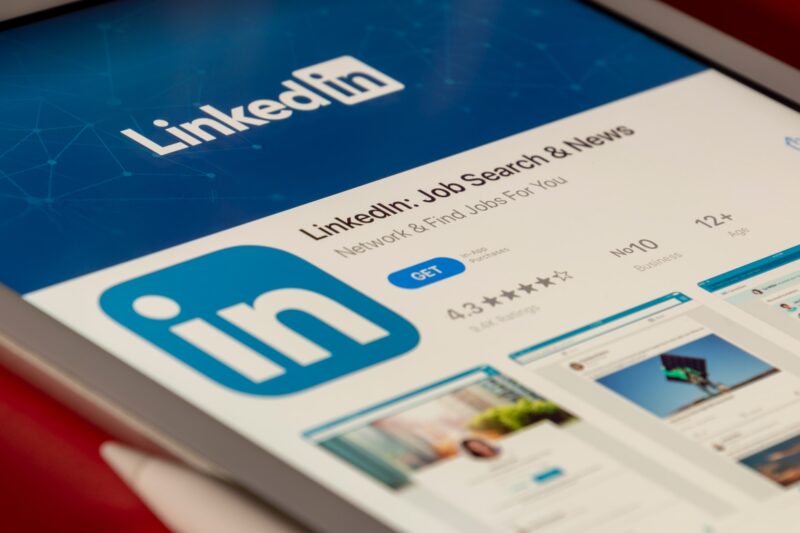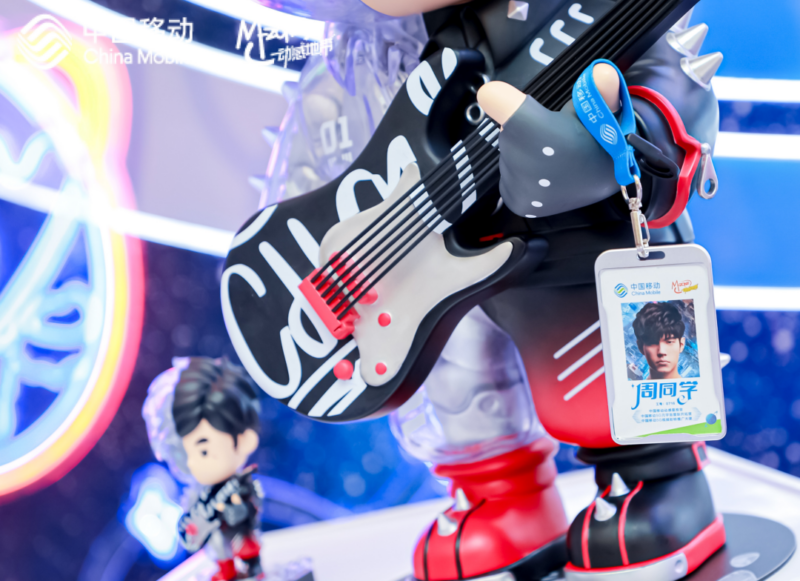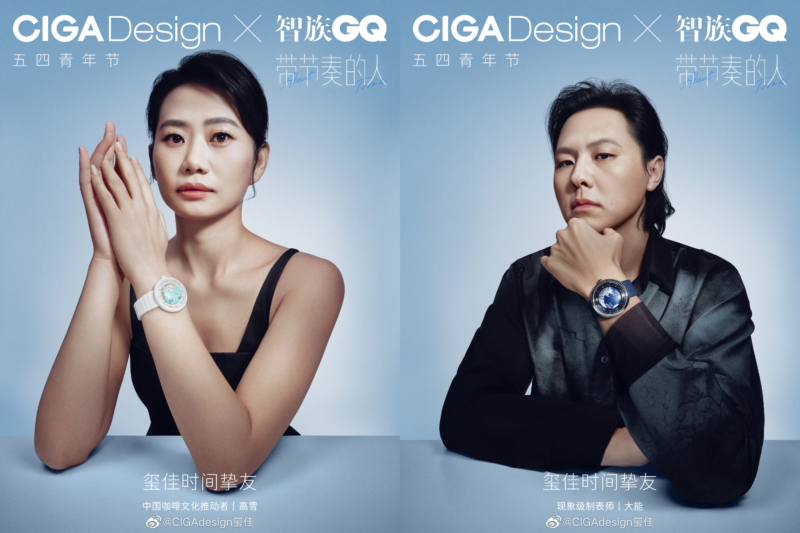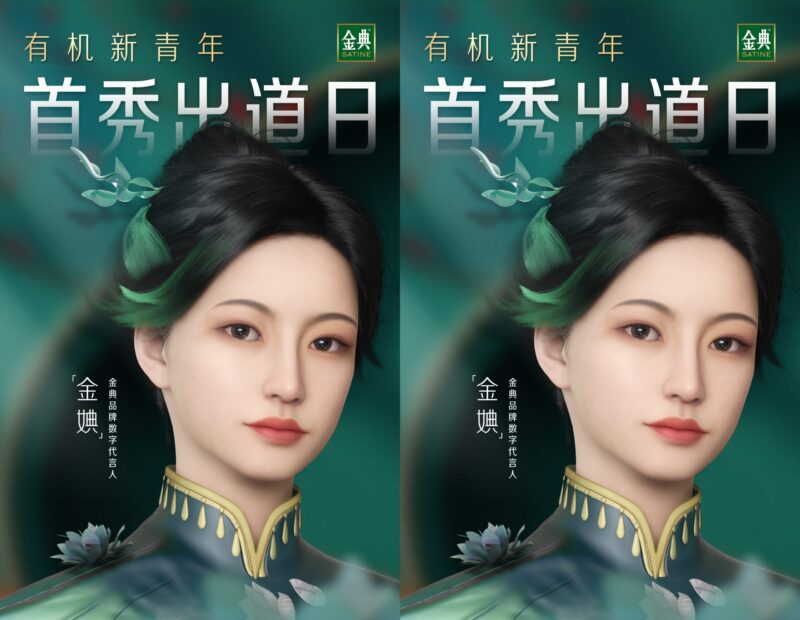Douyin, also known as Chinese TikTok, has called for full transparency in the use of AI-generated content on the short video platform.
The statement from Douyin makes clear that content creators are responsible for consequences arising from the use of AI, and that they should aim to mitigate these by “prominently mark[ing] AI-generated content to help other users distinguish between the virtual and the real”.
Digital avatars operating on the site must also be registered with real-name authentication and real-time interactions in livestreams must be driven by humans rather than being fully AI-operated. Douyin also stated that it will “strictly punish” any creators whose use of AI infringes copyright or spreads misinformation.
This comes at a time when China’s internet regulatory body is pushing for greater regulation of generative AI, which is artificial intelligence that creates convincing new content as opposed to performing specific tasks like data analysis. This includes Chat-GPT, AI art, and deep synthesis.
In April China’s Cyberspace Administration proposed a host of new regulations aimed at ensuring the “healthy development” of generative AI technologies like Chat-GPT and its spin-offs.
Alongside ensuring AI technologies are not used to subvert state power, the proposal emphasized the need to prevent unfair business competition and mental and physical harm done to users.
China is reportedly ahead of the US on AI regulation with new user rights and mitigations currently being brought in every few months. The short-term disruption brought by this is expected to be offset by the cultivation of public trust in the technology in the long-term.









